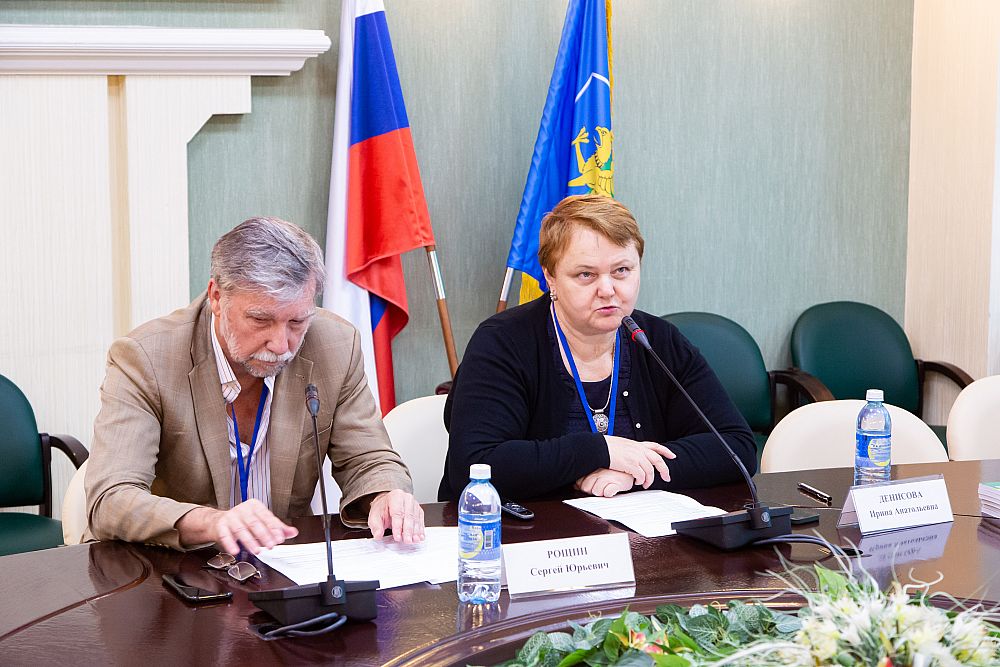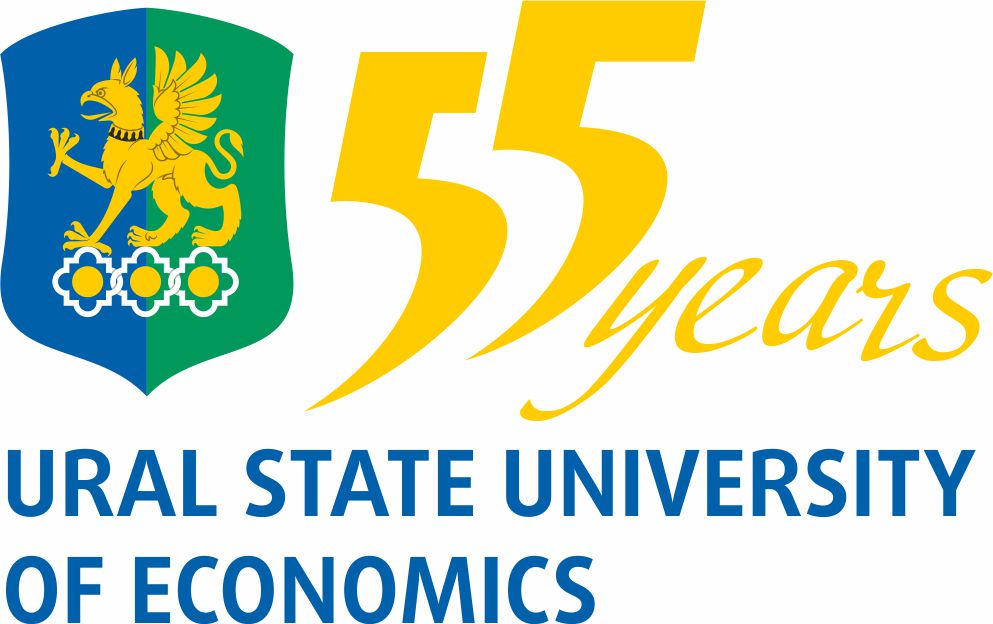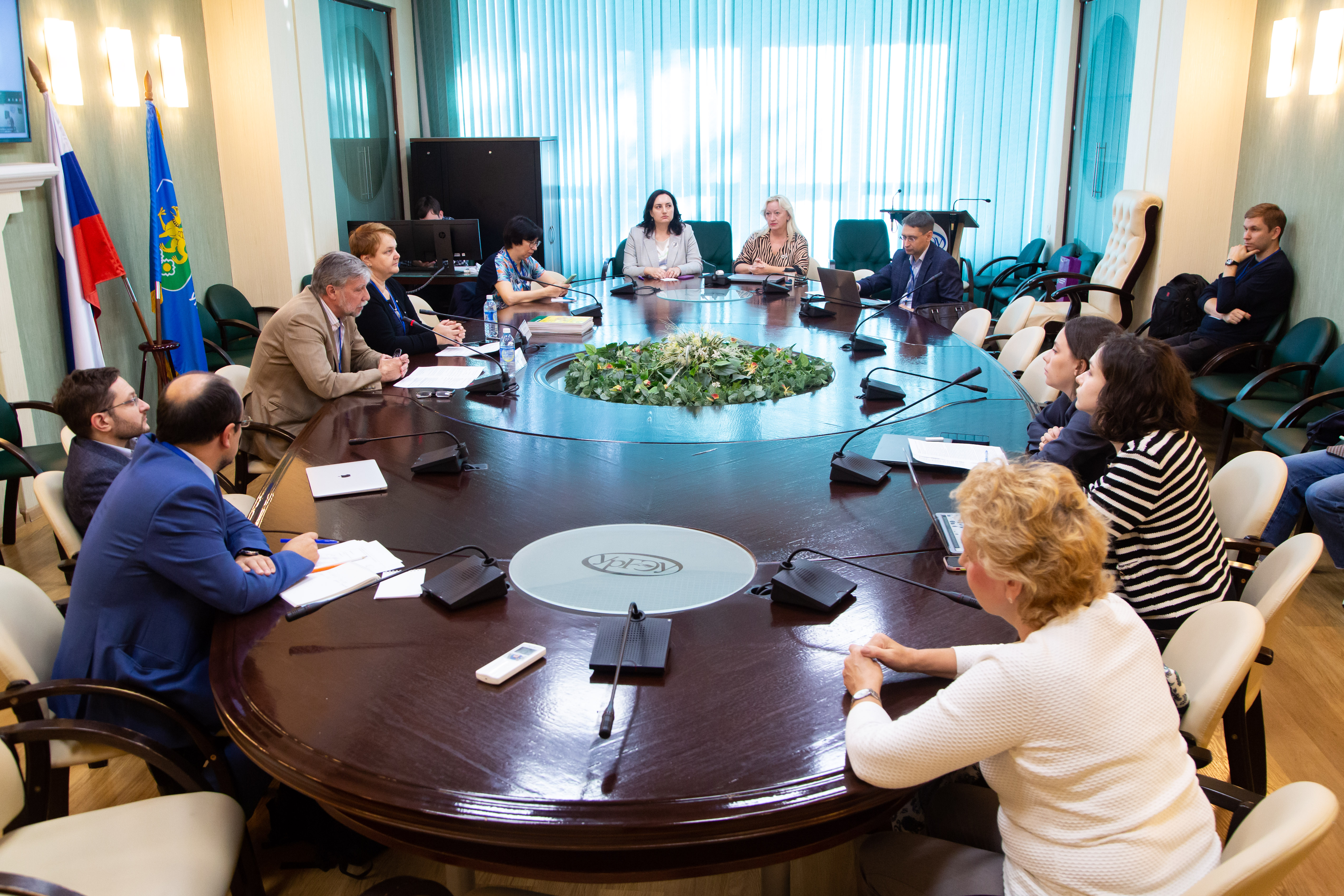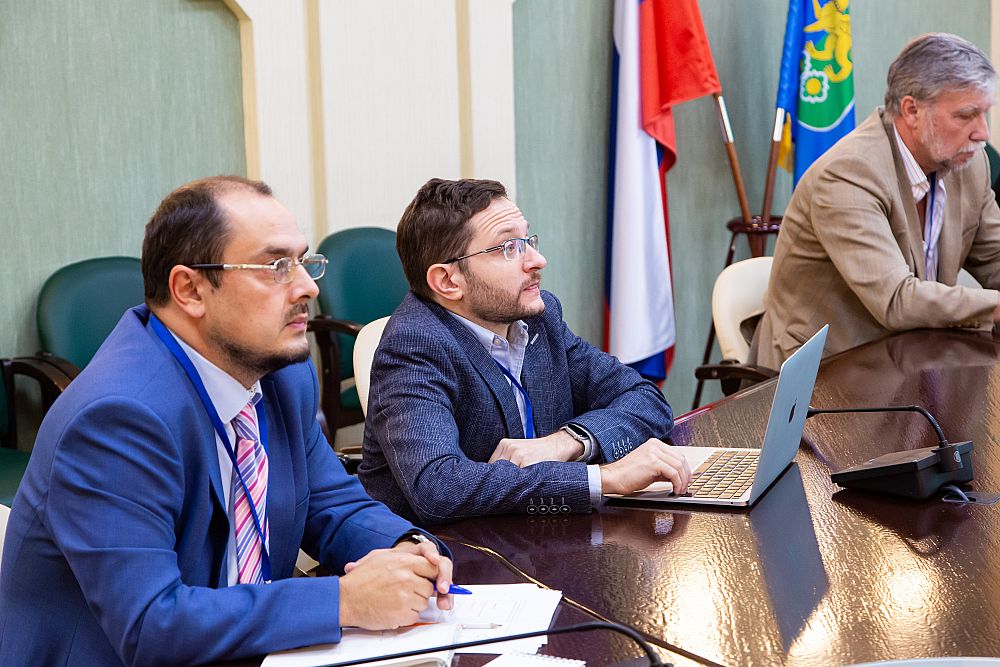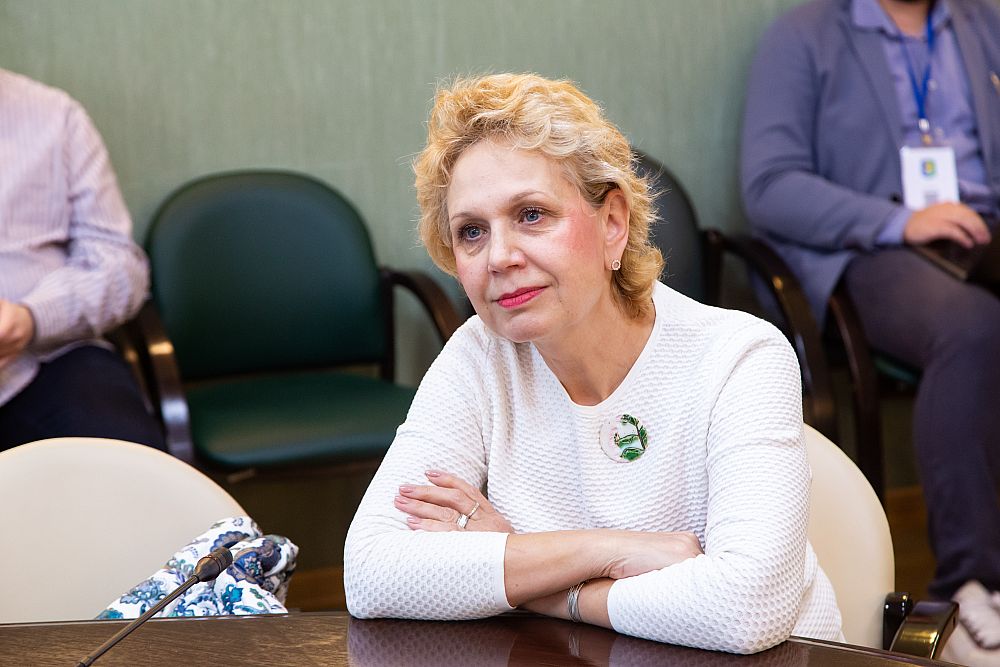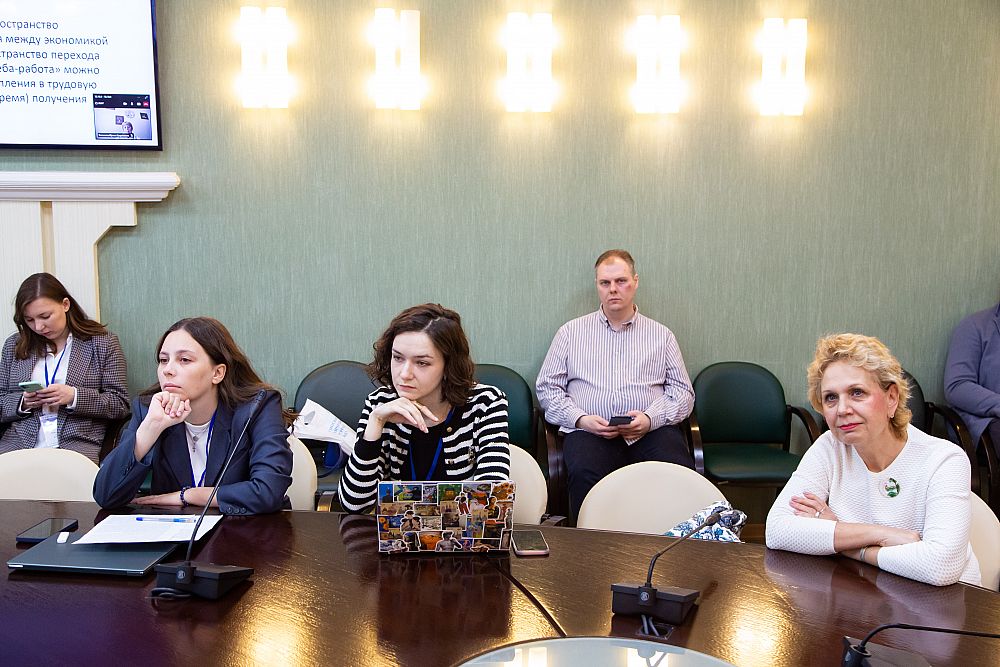 See other releases of corporate mass media
See other releases of corporate mass media
Metadata for mega-employment
Participants of the V Russian Economic Congress (REC) took the task of youth employment. During the conference “Labor Economics and Migration Problems,” the scientists came to the conclusion: insufficient practice-oriented education prevents many university graduates from finding their place in the labor market.
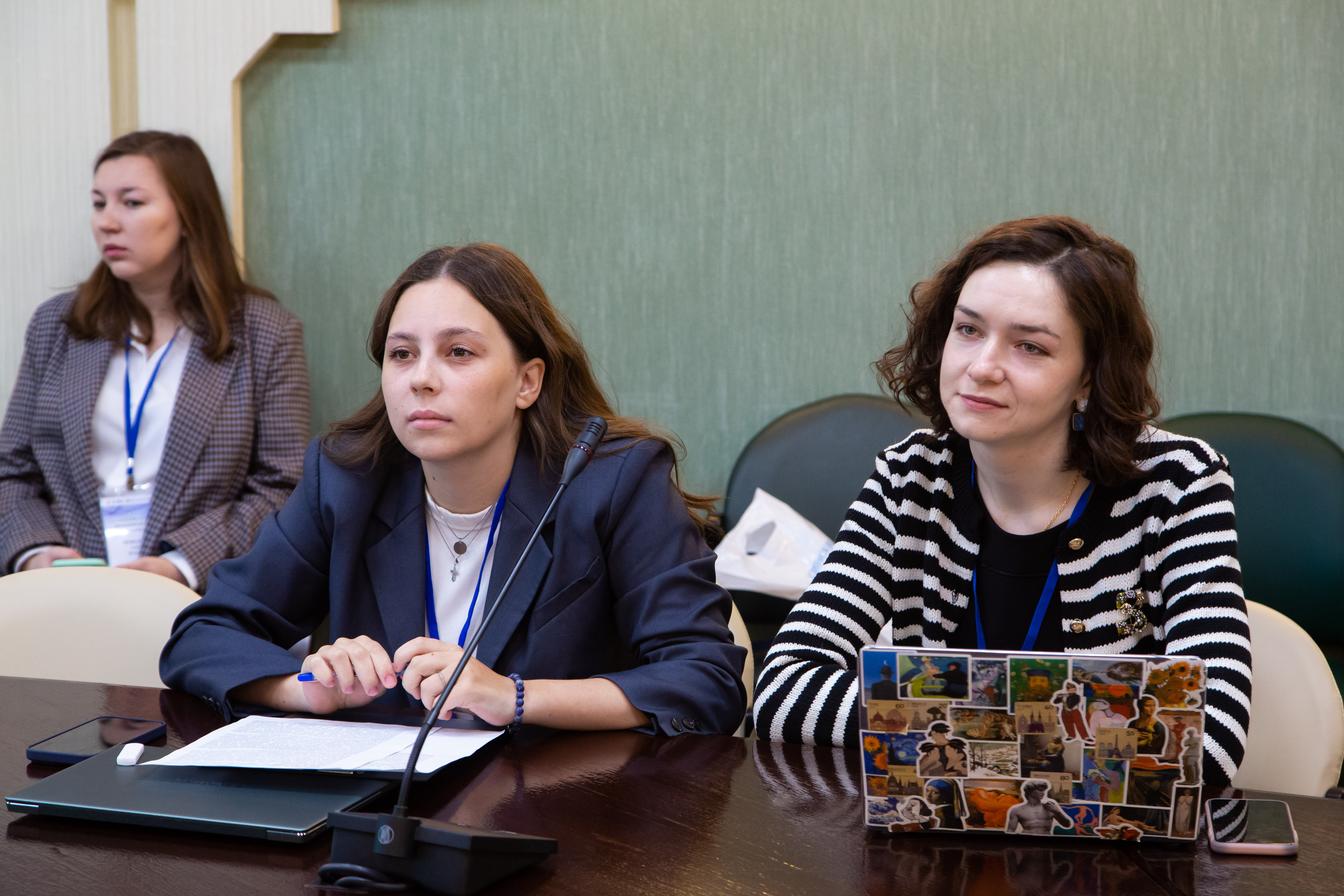
Vice-Rector of the HSE University (National Research University Higher School of Economics), Sergey Roshchin, noted that at the country level the problem of systematic analysis of graduates’ employability had been raised relatively recently. Until the second half of the 2010s, researchers operated mainly with data obtained from surveys and questionnaires - scattered and containing errors. However, by 2020, the RF Ministry of Labor and Social Protection and the Federal Service for Labor and Employment of Russia had compiled a database containing arrays of information about all graduates who received education in Russia - from those who passed the State Examination Test after the 9th grade to those who defended their Ph.D. dissertations .
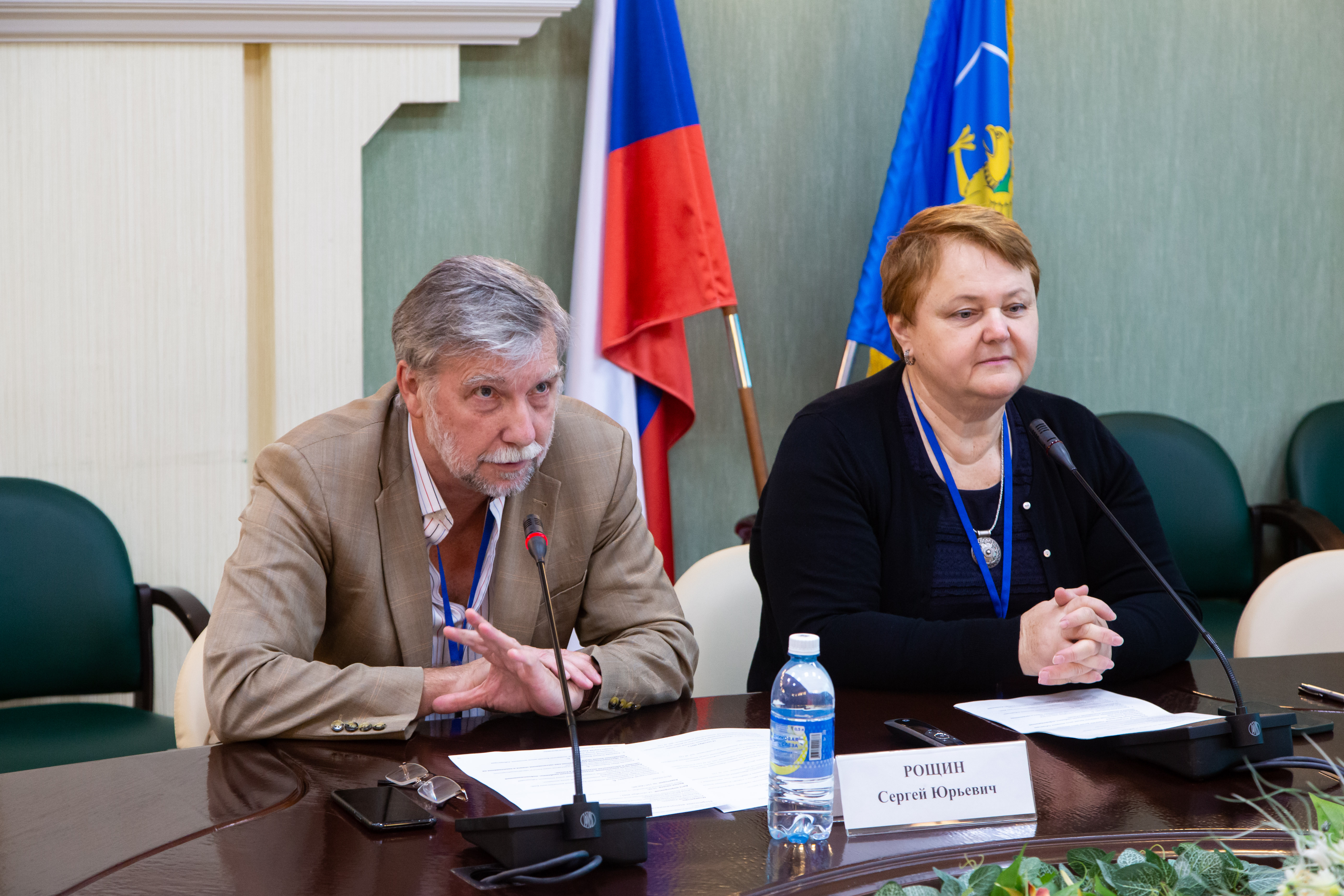
The information in the database is updated quarterly. As of today, it contains data on 25 million Russians: gender, age, employment records, as well as detailed information on the level of education: university, specialty, form and duration of study, area of training, etc. This allows researchers to infer correlations between different variables with a high degree of certainty.
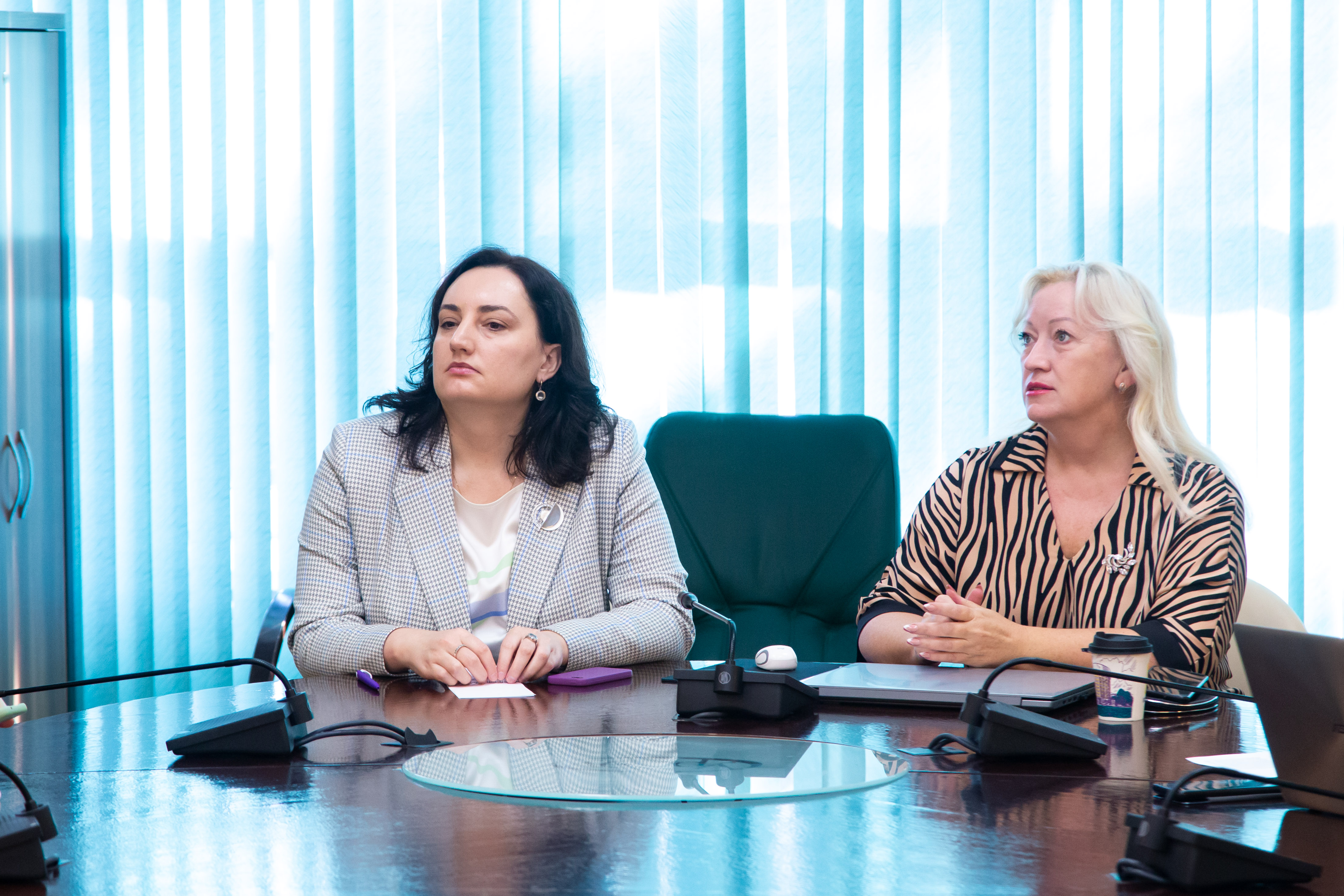
“What are the most important questions we have to answer?” Sergey Roshchin addressed his colleagues. “First of all, this is a degree of compliance of education with market requirements. How important is to have sound academic background in terms of salary? How important is academic success, graduation with honors degree? Is there any use combining work and study? Are gender factors strong?
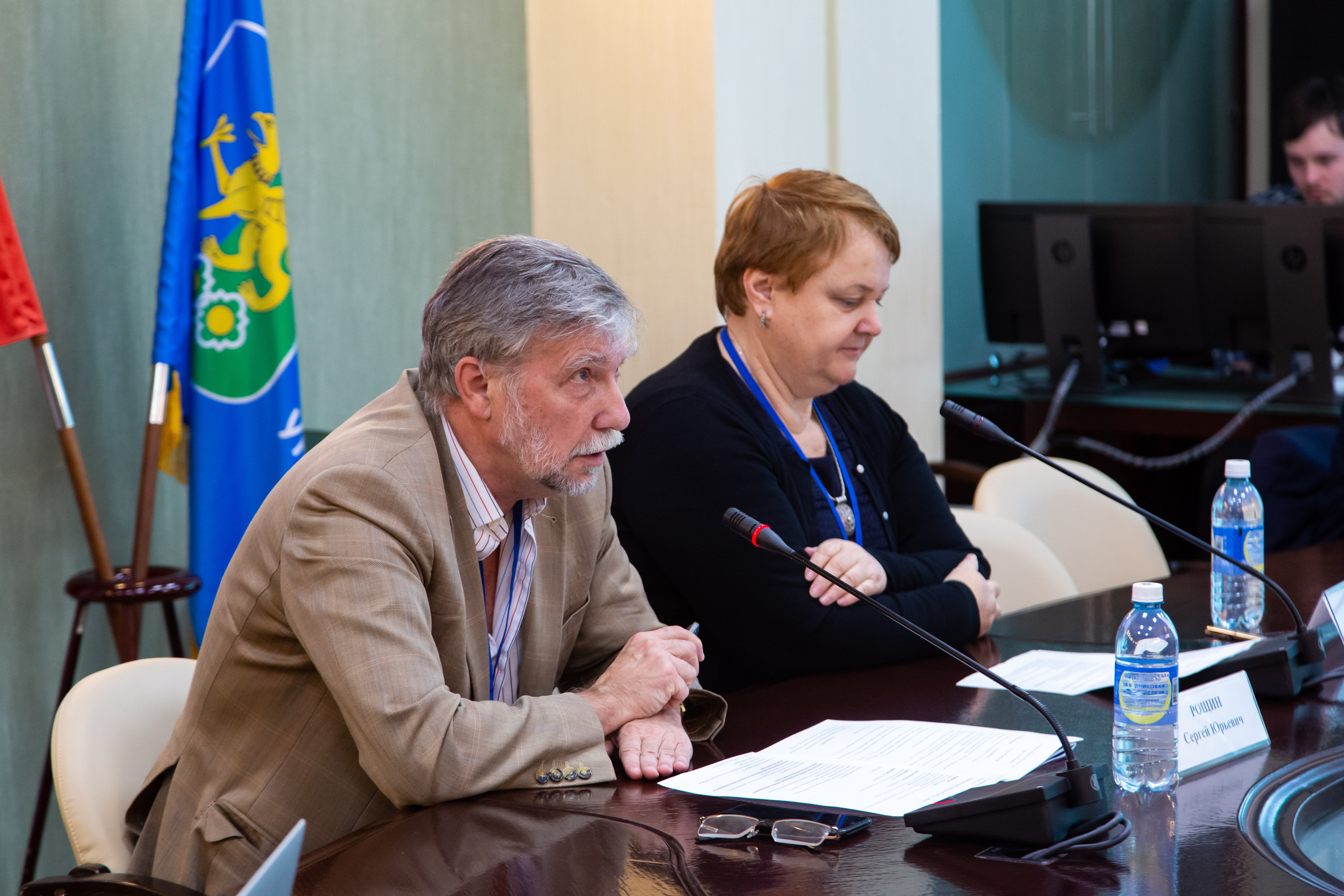
Senior researcher at the Institute for National Economic Forecasts under the Russian Academy of Sciences, Ivan Korolev, noted that in the roughest approximation the interconnection is obvious: the higher the level of education, the lower the probability that a person will be unemployed. However, there are more complex life situations when job functionality and salary levels may not correspond to the graduate’s level of education. Most often, young specialists in agriculture, trade and those who work in small settlements find themselves in this situation.
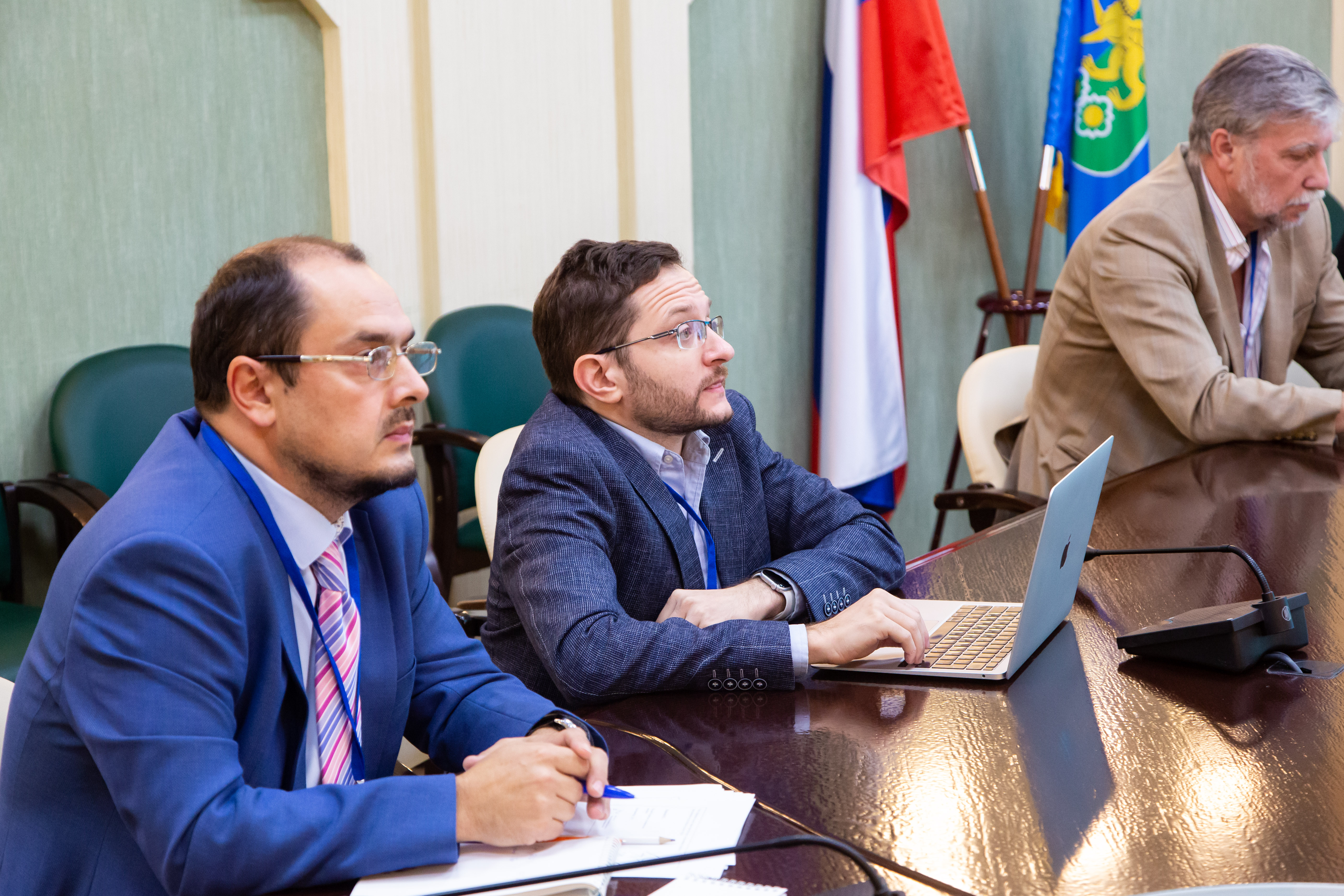
The answer that universities can give to this problem is to improve the practice-oriented nature of education, interact with employers, and participate in the development of professional standards. The head of the USUE Department of Labor Economics and HR Management, Svetlana Dolzhenko, said that the university has something to share with colleagues in this aspect, since the Department of Labor Economics and HR Management previously had participated in the development of the professional standard “Labor Economics Specialist”, which was successfully approved by the Ministry of Labor of Russia. High practice orientation and experience of interaction with employers and graduates can be a good case study for other universities across the country.
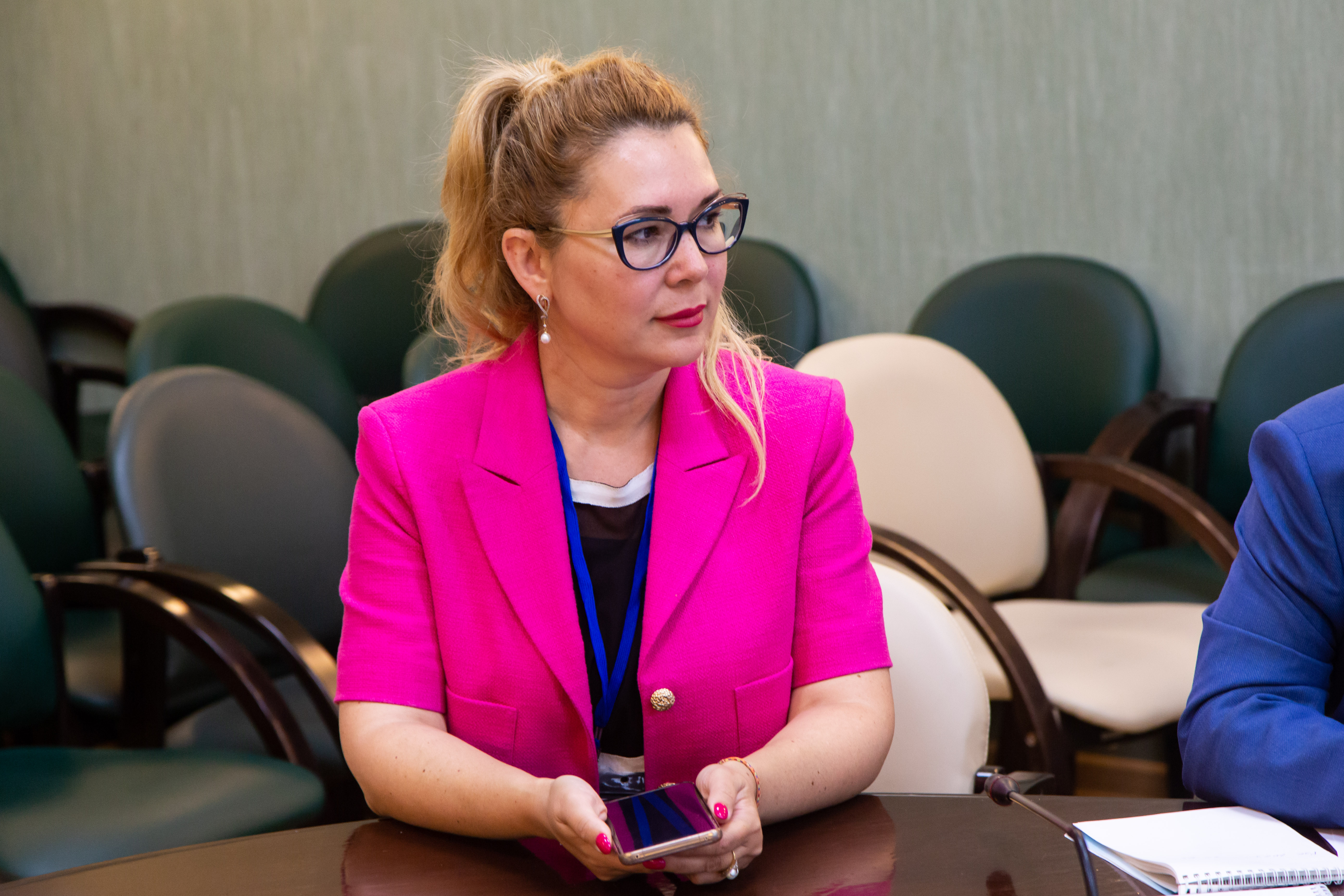
Photo gallery:
